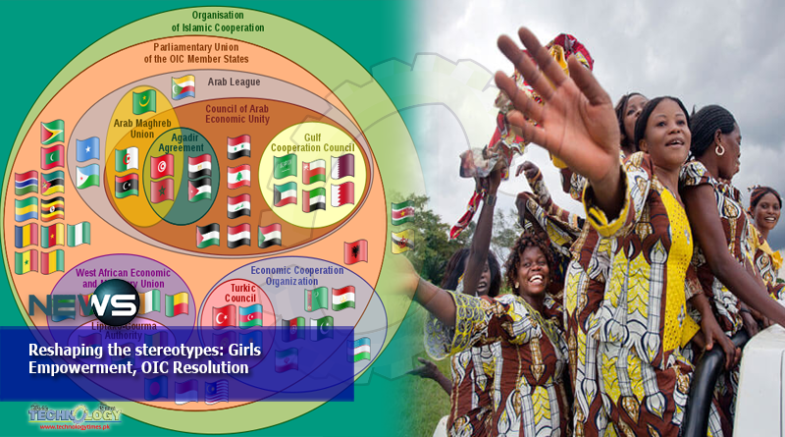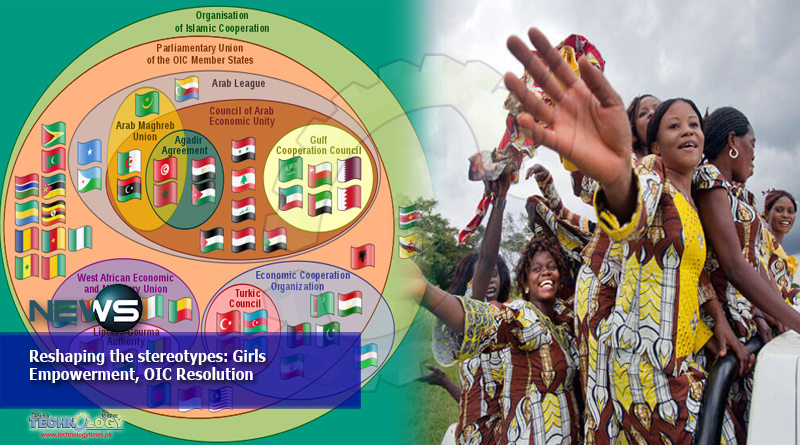OIC is focusing on the importance to the girl empowerment .OIC resolution is to provide girls with equal opportunities, so they can play an important role in economic growth and social development.

The OIC officials called for doubling efforts to accommodate more girls to fulfill their girl’s empowerment resolution. Today the era is an era of technology where everyone is competing other and no human is behind and there is no difference in gender. OIC emphasizes to accommodate women in ICT studies and jobs and provide them with digital skills, especially in mathematics, engineering, computing, and science.
On the International Girls in ICT Day celebrated by the international community every year. This occasion had special importance this year due to the pivotal role of the ICT for connecting people during the lockdown caused by the outbreak of the coronavirus disease (COVID-19) pandemic.
However, realizing gender equality reaches far beyond any single, individual goal. Gender equality is key to ensuring that no one is left behind, and is intrinsic to the success of each and every SDG.
Where women and girls are able to change their opportunities and perspectives through ICTs, their empowerment affects a wide range of outcomes even in informal work settings.
In Pakistan, an innovative food-ordering platform links home-based women in the informal food industry to a wider pool of customers and provides a safe virtual marketplace for them to sell their meals. In Rwanda, some 3,500 women farmers are now connected through mobile technology to information, markets, and finance.
ICTs offer vast potential for women and girls: from ending poverty to improving education and health, to agricultural productivity, and creating decent jobs.
A recent study, ‘Gender stereotypes about intellectual ability emerge early and influence children’s interests’, shows that already, by the age of 6, girls are already less likely than boys to describe their own gender as ‘brilliant’, and less likely to join an activity labeled for ‘very, very smart’ kids.
When a young girl believes she is less intelligent and capable than a boy, she is also less likely to pursue STEM subjects that are often perceived as ‘hard’ through school and beyond. This study is one of many that paint a worrying picture of generations of girls being affected by negative stereotyping.
New findings from a study of 9,500 girls and young women aged 11 to 18 in nine European countries underline the ‘leaky pipeline” finding: in Finland, 62% of female teenagers said they see the natural sciences as important, but only 37% said they would consider a career in that area.
